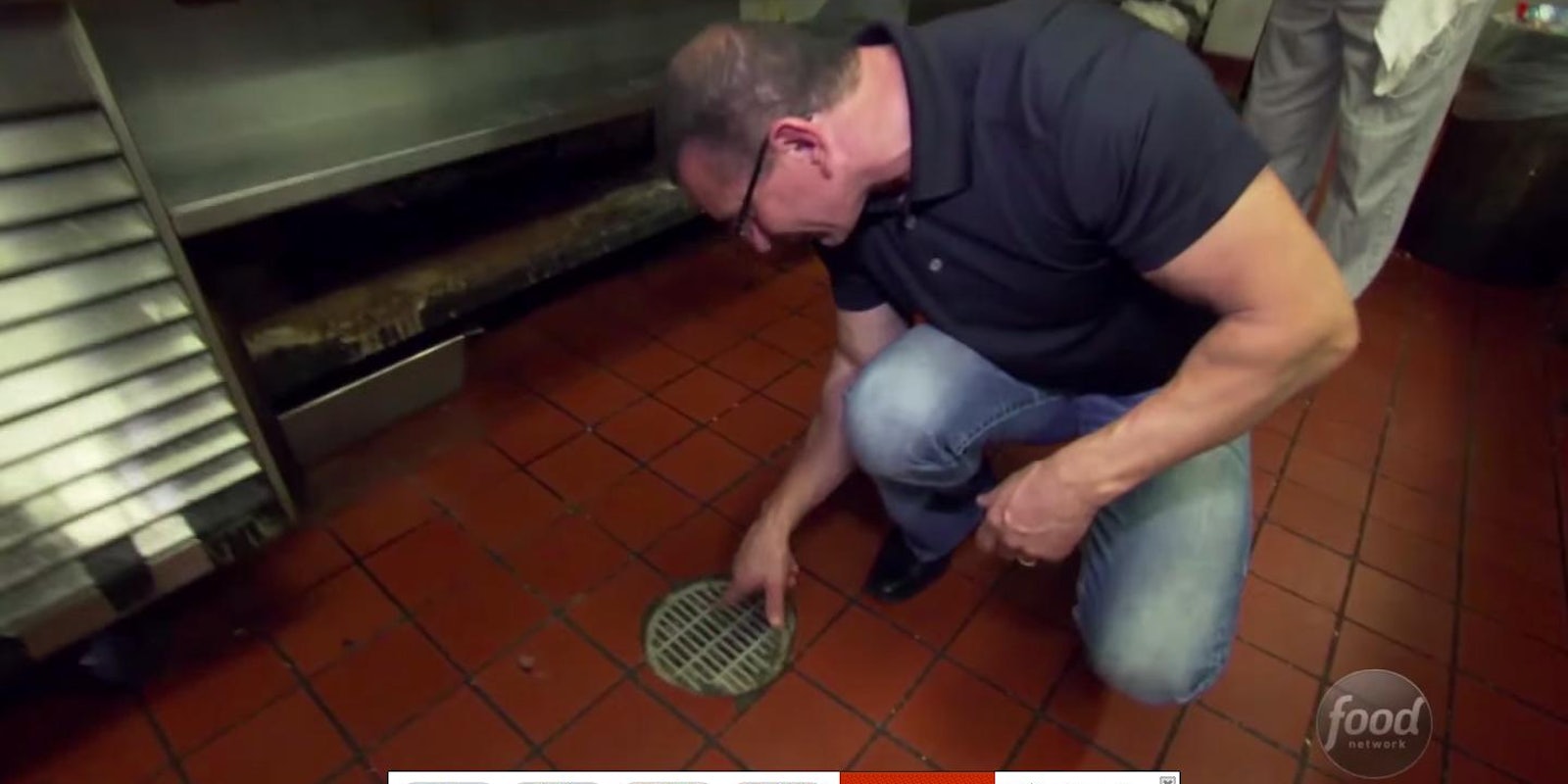It’s heartwarming to know that social media has a civic purpose beyond selfies, likes, and cat videos.
In a recent Harvard Business Review story, Yelp’s director of public policy, Luther Lowe, spoke about his company’s work for the past 18 months with Michael Luca, assistant professor at Harvard Business School to develop algorithms that allow city and municipal governments to use Yelp’s review to track hygiene conditions at local restaurants.
“Draw a dotted line to the future, and you can see how social media could transform citizens’ relationship with all sorts of governmental agencies and services,” the HBR article said.
In an experiment done using San Francisco establishments, the Yelp-Harvard Business School project was able to use information from reviews to rate 80 percent of all Bay Area restaurants on hygiene. In 2012, Yelp developed an open data standard to allow cities to upload their public health department information which the site can put alongside a restaurant’s review. To date, San Francisco, Los Angeles, Raleigh, N.C., and Louisville, Ky., have put hygiene data next to the associated Yelp reviews.
In May 2014, New York’s Department of Health and Mental Hygiene piloted a project that used Yelp information to track instances of foodborne illness. A software program from Columbia University combed through 294,000 Yelp reviews for a nine-month period between 2012 and 2013 looking for words such as vomit, diarrhea, and sick. The program was able to pinpoint three establishments where 16 people had dined, all eating similar dishes.
Yelp is not alone in its role as a valuable source for data that can be used for the public good. In March, 2013, Smart Chicago—a civic organization—used a machine-learning program fueled by data from Twitter to pinpoint complaints of food poisoning. After finding these comments, Smart Chicago contacted the user who posted the comment, and, if substantiated, launched a formal investigation.
The notion of using social media content to empower governmental and civic groups to provide better health and safety for its citizens has tremendous merit. There are more than a few hurdles to clear before these efforts have enforcement capabilities that have teeth.
The major issue is the integrity of the data from social media. Yelp has been accused of extortion, improperly filtering reviews, hiding the identity of reviewers, which could taint the process and harm the reputation of its data used for governmental purposes. Yelp is not alone among social media sites lacking the technology tools to validate the authenticity of its user-generated content. A competitor looking to put his neighboring establishment out of business could easily flood Yelp with fake complaints about its cleanliness simply by hiring a third-party freelancer to churn out and post negative remarks.
Adding more rigor to the process is a solution. By using information from a wider variety of sources such as TripAdvisor, Chowhound, as well as combing through keywords from news stories, those safeguarding public safety can increase the reliability of their data through a series of checks and balances. Reports of foodborne illness common across all networks are more likely to be accurate than those from a single source.
Projects to use social media information to provide valuable services to the public has use cases beyond dirty diners. Folks reporting potholes or malfunctioning traffic lights via social media can more easily get the attention of local authorities. If 20 people tweet about a downed tree that is blocking a sidewalk, such patterns could be identified by local authorities and quickly fixed.
All of this, plus unlimited selfies. Who could ask for more?
Screengrab via Food Network


